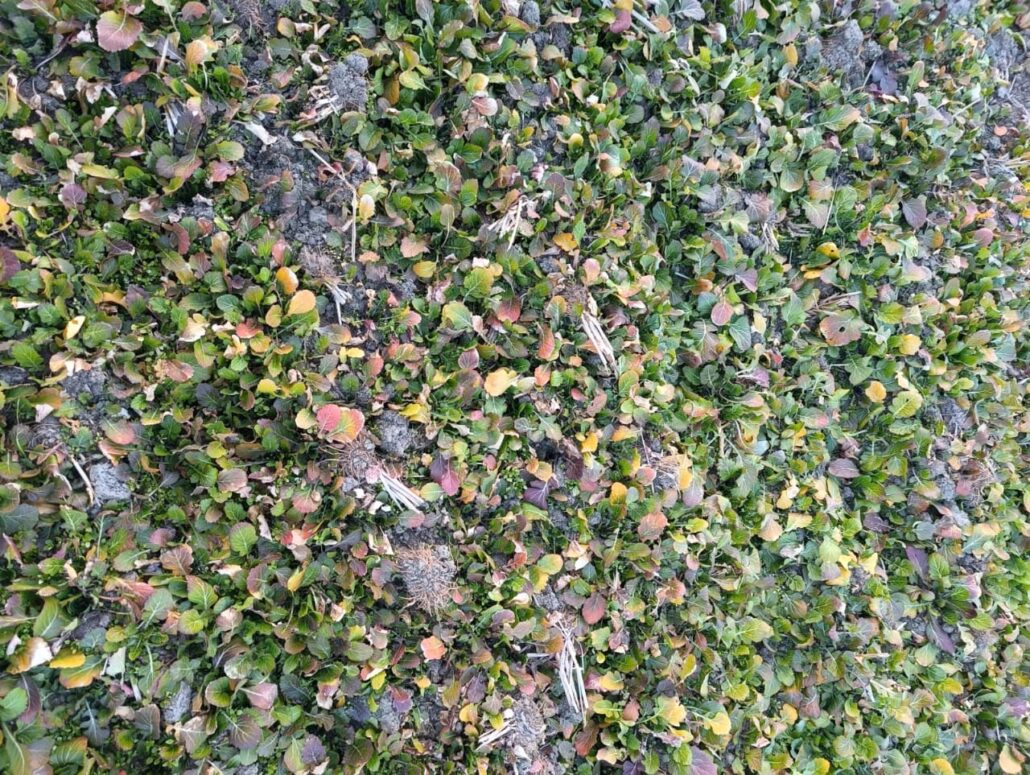
The ongoing dry spell has raised concerns among farmers in south Kashmir’s Anantnag district, who have sown mustard crops.
The insufficient rainfall or snowfall has led to deficiency symptoms in these crops, farmers said.
Mustard is an annual crop in Kashmir harvested in April and is also utilised as a double crop. The seeds are sown in October and reaped during the last weeks of both April and May.
The prolonged dry spell poses a threat to the burgeoning mustard crop in Kashmir, with farmers expressing concern over adverse weather conditions.
Ghulam Rasool Shah, a farmer based in Anantnag, told the news agency—Kashmir News Observer (KNO) that the lack of precipitation or regular snowfall over the last two months has impacted the mustard crop.
He said the mustard crop is increasingly vulnerable to dry conditions, showing signs of yellowing due to the absence of adequate rainfall or snow.
“These crops significantly rely on winter snowfall for irrigation, and ensure water availability for the upcoming seasons. However, the lack of substantial snowfall and a persistent dry spell in the last two months raises concerns for the upcoming seasons and harvest,” Shah said.
An official from the agriculture department said that in the 2022-2023 period, 1.40 lakh hectares of land were brought under mustard cultivation. Despite J&K’s edible oil requirement being 14.20 lakh quintals, the region only produces 3.36 lakh quintals, he said, adding that the government aims to expand mustard cultivation to cover 7.5 lakh hectares.
Director of Agriculture in Kashmir, Choudhary Mohammad Iqbal, assured the farming community that the department is actively addressing the issue. He said a meeting has been conducted and an advisory will be issued shortly—(KNO)
